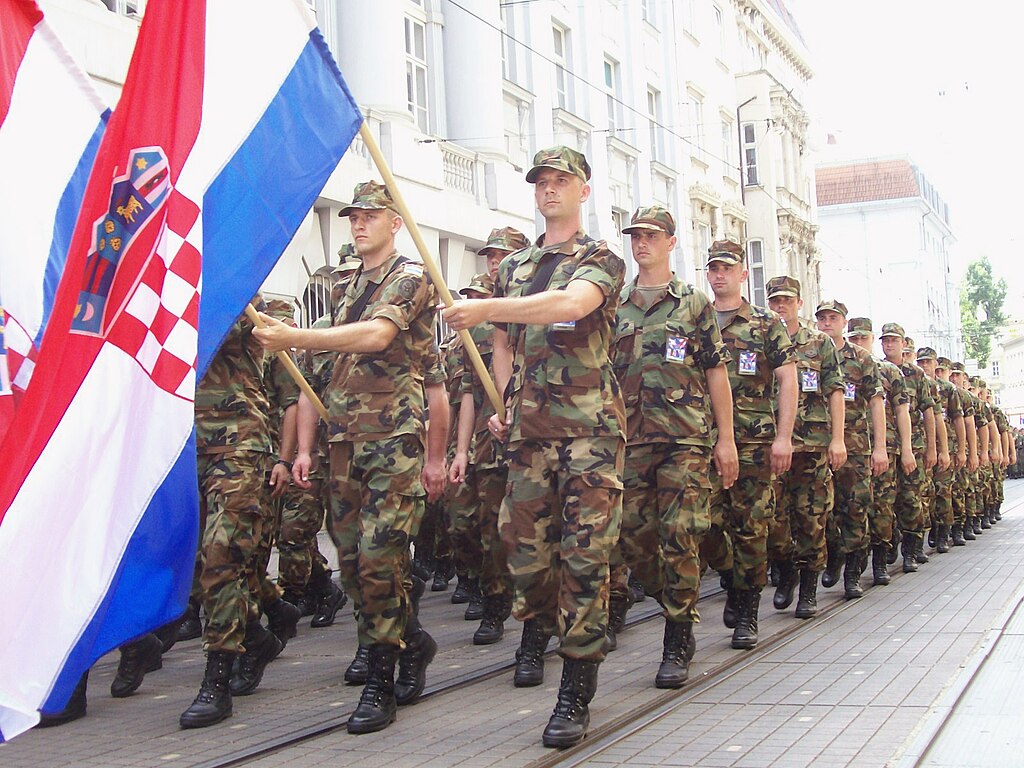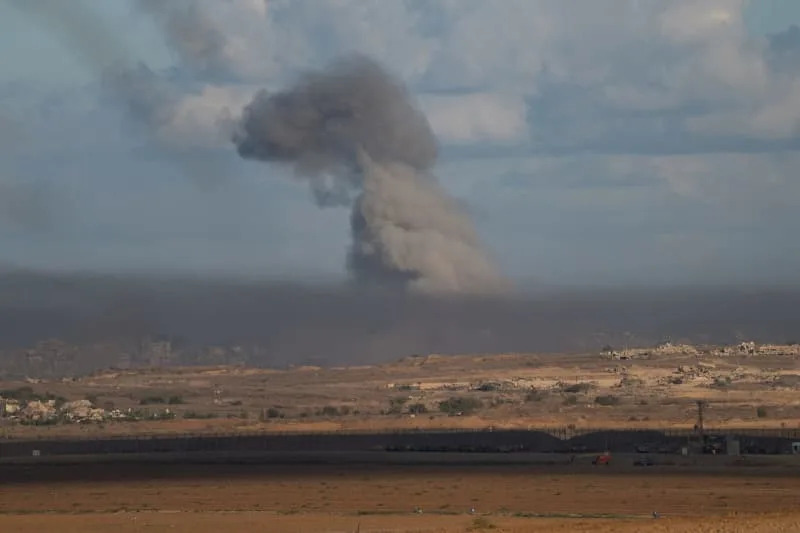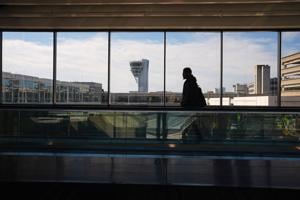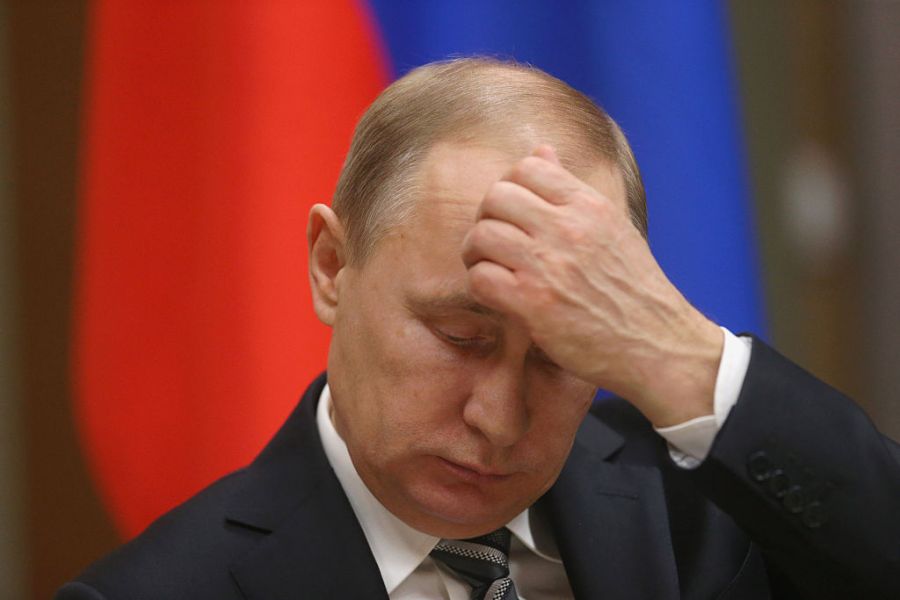The Republic of Croatia has reintroduced compulsory military service, responding to rising concerns surrounding the conflict between Russia and Ukraine, as well as ongoing instability in the Balkans. On October 27, 2023, the Croatian Parliament, known as the Sabor, voted overwhelmingly in favor of the changes to the country’s Defense Act and Armed Forces Service Act with an 84 to 11 majority.
Under the new legislation, basic military training will consist of two months aimed at imparting essential crisis-response skills to young citizens. Those born in 2007 will undergo medical examinations by the end of this year, marking the beginning of a new era of military preparedness for Croatia.
Individuals who object to military service on religious or moral grounds will have the option to serve as civil servants for a duration of three to four months. Croatia’s Defense Minister, Ivan Anušić, announced that the first group of conscripts is expected to begin training in January 2026, with a goal of enlisting 4,000 recruits annually.
Modern Training Focus
Anušić highlighted that the reintroduced program will incorporate modern warfare techniques, including cybersecurity, first aid, drone operation, and advanced survival skills. He emphasized Croatia’s ambition to emerge as a leading force in European drone production, noting that domestic manufacturers currently produce thousands of first-person view (FPV) drones exclusively using Croatian technology.
This move marks a significant policy shift for Croatia, which suspended conscription in 2008. The prevailing tensions in the region, particularly regarding relations with neighboring Serbia, have prompted the government to enhance its military capabilities.
Earlier in 2025, Croatia entered into a trilateral military agreement with Albania and Kosovo, which has faced criticism from Serbia. According to the Defense Ministers of the involved nations, this agreement seeks to bolster security through joint training, improve interoperability, and address hybrid threats, such as cybersecurity attacks and disinformation.
The reestablishment of compulsory military service reflects Croatia’s proactive approach to national security in an increasingly volatile geopolitical landscape. As the situation in Eastern Europe evolves, Croatia aims to ensure its armed forces are well-prepared and equipped to face potential challenges ahead.






